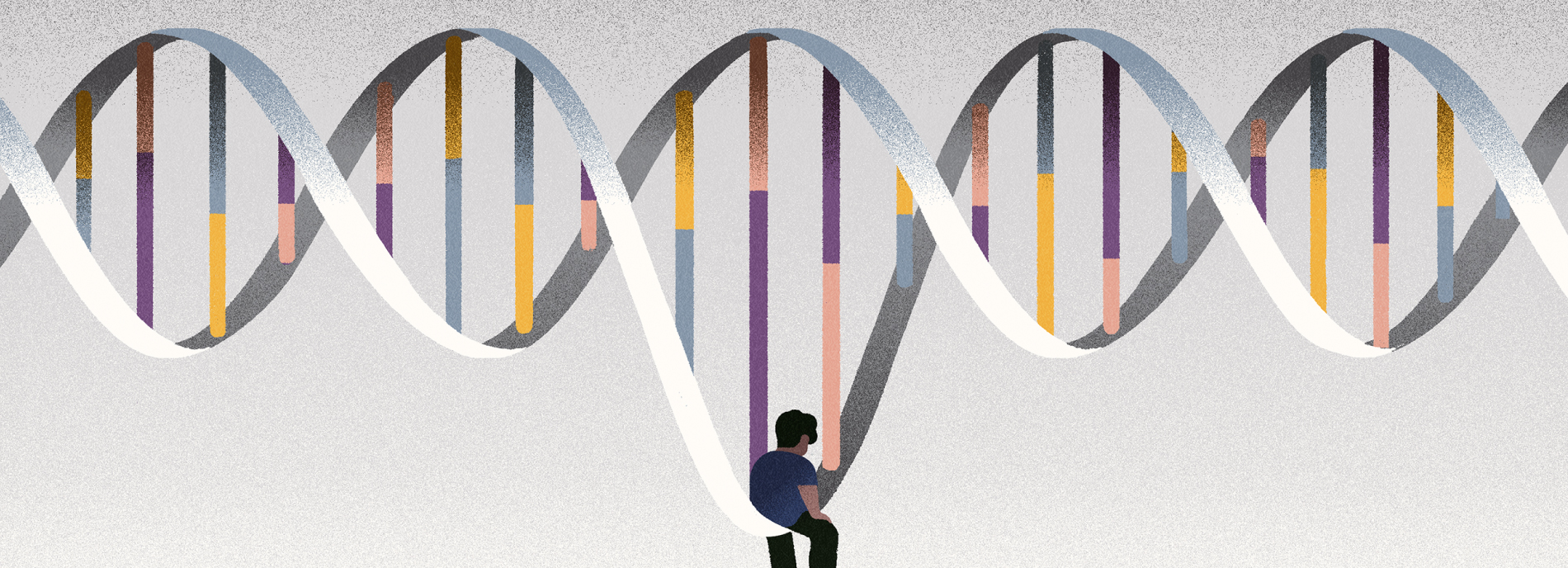Carrie Arnold is a Virginia-based freelance science journalist who covers many aspects of the living world. She’s a contributing editor at NOVA Next, and has also written for Mosaic, National Geographic, Aeon, Nautilus, Scientific American and Women’s Health. She is also the author of “Decoding Anorexia: How Breakthroughs in Science Offer Hope for Eating Disorders.”
Carrie Arnold
From this contributor
Weighing up autism’s obesity crisis
Autism’s underlying biology, associated behaviors and treatments can all put people on the spectrum at serious risk for obesity.
Rare form of autism shows unique pattern of regression
More than 40 percent of children with Phelan-McDermid syndrome lose skills they once had, beginning, on average, at age 6.

Rare form of autism shows unique pattern of regression
The innovators: How families launch their own autism studies
Some parents are starting ‘N-of-1’ studies for autism, but their efforts don’t always get taken seriously.

The innovators: How families launch their own autism studies
The invisible link between autism and anorexia
Autism and anorexia may seem to have nothing in common, but below the surface, the two conditions are startlingly similar—and sometimes affect the same person.

The invisible link between autism and anorexia
Explore more from The Transmitter
Astrocytes orchestrate oxytocin’s social effects in mice
The cells amplify oxytocin—and may be responsible for sex differences in social behavior, two preprints find.

Astrocytes orchestrate oxytocin’s social effects in mice
The cells amplify oxytocin—and may be responsible for sex differences in social behavior, two preprints find.
Neuro’s ark: Spying on the secret sensory world of ticks
Carola Städele, a self-proclaimed “tick magnet,” studies the arachnids’ sensory neurobiology—in other words, how these tiny parasites zero in on their next meal.

Neuro’s ark: Spying on the secret sensory world of ticks
Carola Städele, a self-proclaimed “tick magnet,” studies the arachnids’ sensory neurobiology—in other words, how these tiny parasites zero in on their next meal.
Autism in old age, and more
Here is a roundup of autism-related news and research spotted around the web for the week of 2 March.

Autism in old age, and more
Here is a roundup of autism-related news and research spotted around the web for the week of 2 March.
